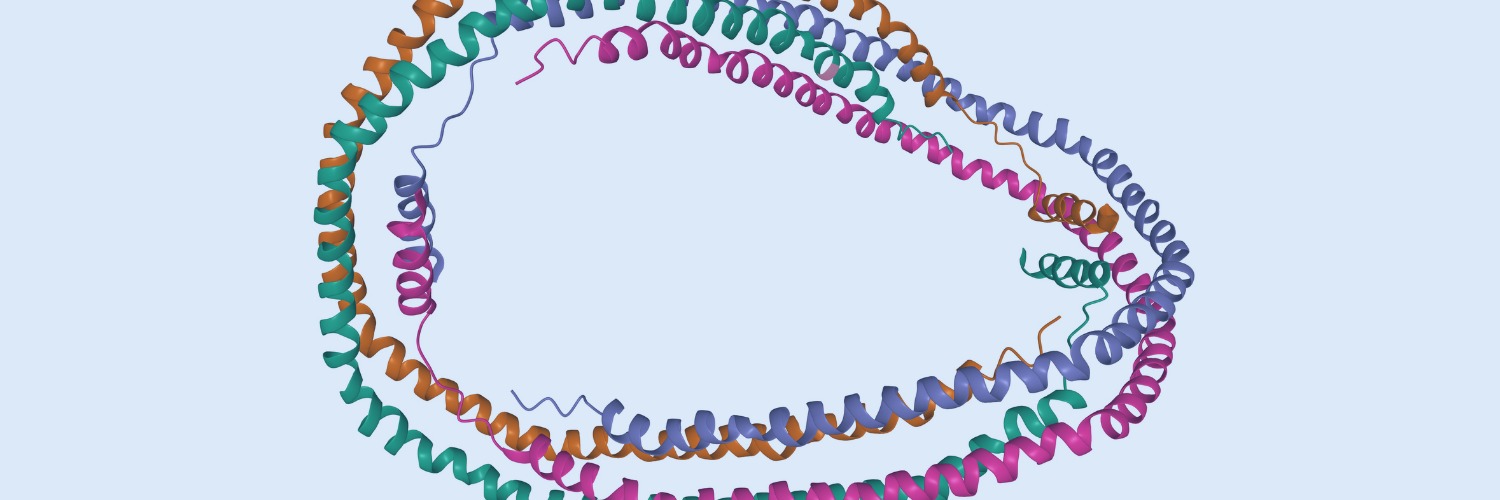The following is the summary of “Peanut-Specific IgG4 and IgA in Saliva Are Modulated by Peanut Oral Immunotherapy” published in the December 2022 issue of Allergy and Clinical Immunology by Smeekens, et al.
To date, research on the oral mucosal surface’s antigen-specific immunoglobulin responses following peanut oral immunotherapy (PnOIT) is lacking. Researchers sought to determine the prevalence of peanut-specific IgG4 (PNsIgG4) and IgA (PNsIgA) as well as total IgG4 and IgA in the saliva of participants in the Immune Tolerance Network’s IMPACT project, a phase 2 PnOIT trial. Children with peanut allergies were enrolled and randomly assigned to either PnOIT or placebo oral immunotherapy (OIT) for 134 weeks.
There were 69 people who underwent PnOIT and 23 people who took a placebo in the per-protocol analysis. After 134 and 160 weeks, desensitization and remission were evaluated using double-blind, placebo-controlled meal challenges. For the purpose of quantifying PNsIgG4, PNsIgA, and total IgG4 and IgA, saliva samples were taken at baseline, 30, 82, 134, and 160 weeks. Comparatively, PNsIgG4 in saliva increased significantly (P<.01 at all time periods) in patients who received PnOIT compared to placebo. In addition, at 30 and 82 weeks, PnOIT patients had a significantly higher PNsIgA/total IgA ratio than placebo patients did (P<.05). Those who became desensitized with PnOIT had their PNsIgA levels rise and then level off, while those who did not become desensitized or experience remission saw no change.
Intriguingly, when the PnOIT group was analyzed according to clinical outcome, the not desensitized/no remission group had greater PNsIgA levels at baseline than the desensitized/remission group did (P<.05). Salivary IgG4 and IgA levels to allergens are significantly raised after PnOIT. These results shed light on OIT-induced mucosal responses and imply the potential value of these simple-to-obtain samples for future biomarker research.
Source: sciencedirect.com/science/article/abs/pii/S2213219822008005



















